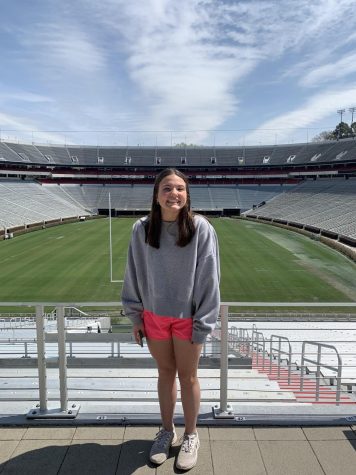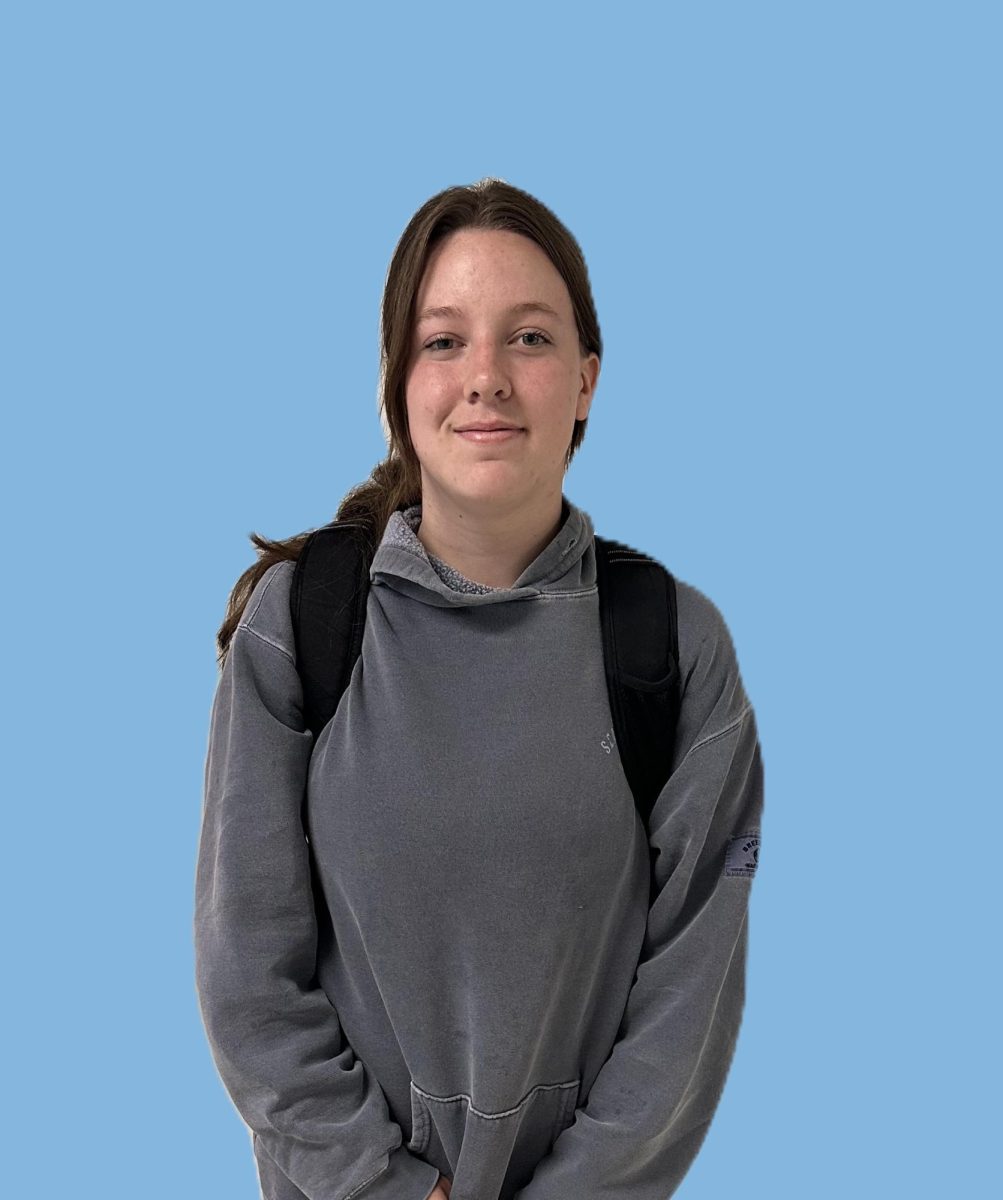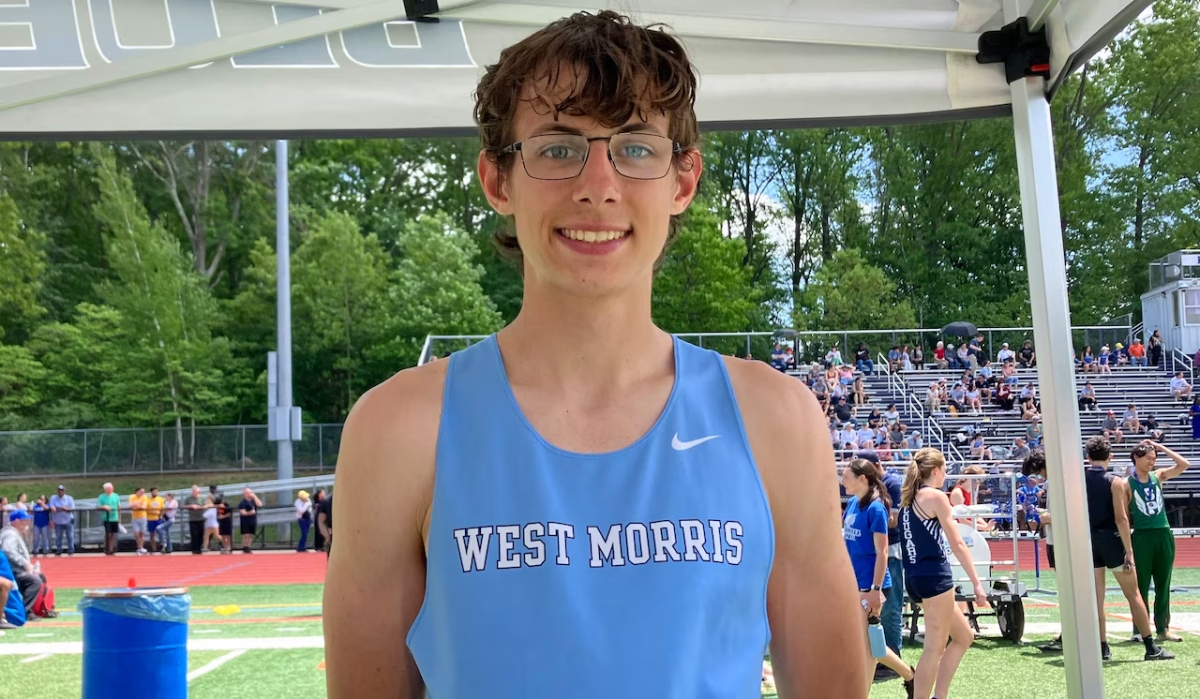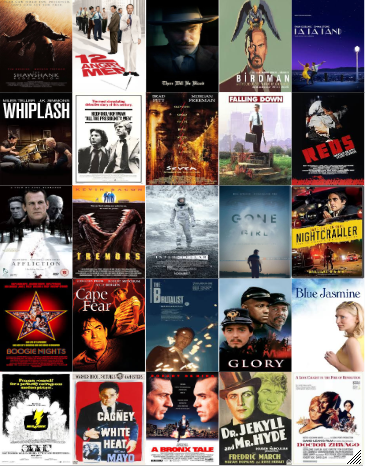Ath(LET)e Me Have an Extra Free Period

Here at West Morris Central, about 68% of the student body is involved in sports. When a student is going to school and playing a sport, life for that student becomes extremely busy. They wake up, attend classes all day, watch film, practice or a game where you could get home as late as 9. Then it’s showering and eating. Afterwards, there is still homework to be done before you go to sleep. However, this could be changed if student athletes were given the option of having an extra free period in place of their physical education class.
In schools and our society today, grades and athletic achievements are praised. All students are striving to do their best both in the classroom and on the field. Students try to take the highest level course they can, make the best team they can, and play for more than just the school team. With these things a greater time commitment comes in; the higher level course the more work that is required of students outside of the classroom. The higher the level of the team the longer, more frequent and more intense the practices. Playing on more than the high school team means some days having two practices or a game and then a practice. Students have all of these different activities to do and homework on top of that and the free time they do have is not adequate to get it all done. Sophomore Kyra Demerast says she feels overwhelmed by the amount of work she has to complete. “Sports take up a lot of time and just one free period doesn’t give you enough time. A lot of stress would be alleviated if I had another free period.”
The CDC recommendation for daily physical activity for children aged 6-17 is 60 minutes per day. Everyday, high school athletes have a practice or a game. All sports games either reach or exceed that recommendation for practices they go well beyond doubling that. Phys. ed. class is meant to help students achieve those 60 minutes of physical activity; but athletes are exceeding the physical activity recommendation not even counting physical education class.
Being able to have another free period would eliminate stresses that athletes face. According to top sports psychologist Dr. Doug Gardner, 100% of sport is mental. Everything that is done comes from the brain. When a student athlete has many assignments left to complete it hangs over their head, it consumes their thoughts. Varsity soccer and basketball player Madison Lamb says “I am definitely more sluggish and less focused and concentrated during practice” when she has a lot of assignments to complete. Junior baseball player Sebastian Holl stated “With more time devoted to school work during the day you get more sleep and then perform better” If student athletes were given an extra period to get work done they would be able to eliminate more of their work allowing for them to put 100% of their mind into their sport.
While in season, the limited free time athletes do have gets devoted to schoolwork so focusing on mental health gets put on the back burner. More than 1 in 3 high school students (CDC) and up to 35% of athletes experience a mental health crisis (NCAA). If athletes had an additional free period they would have less stress in choosing to hangout with friends after a practice instead of just going home to do their homework because there is a comfort in knowing that they will have time to get it done that next day. An important part of mental health is sleep. Junior Lacrosse player Brandon Edwards stated that he feels that his sleep schedule gets messed up when he has to stay up late doing homework. If he were able to use his physical education class as a study hall, he could complete his work and get the sleep he needs. However athletes should be able to choose if they need that time for their work or if they want to go to phys ed class.

Lizzie is a senior and in her third and final year writing for The Paw. Lizzie loves all things sports: watching them, playing them and especially writing...


































